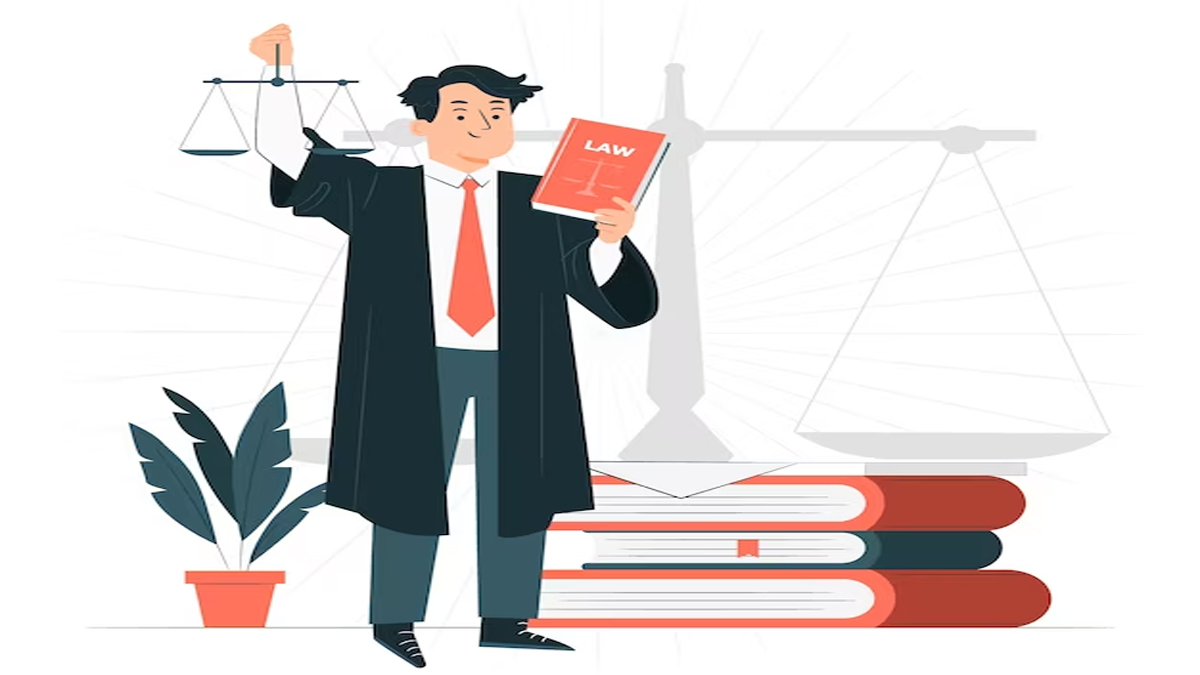Here’s a discussion on the key aspects of this case:
Background
The Andhra Pradesh Special Court Act was enacted to address specific categories of offenses with an emphasis on speedy trial and adjudication. The Act often involves the constitution of special courts that have jurisdiction over designated types of cases. The rationale behind this is to ensure that justice is delivered swiftly, particularly for serious offenses that might otherwise be bogged down in the regular judicial system.
Key Issues in the Case
- Jurisdiction and Competence of the Special Court:
- The primary legal question often revolves around whether the special court has the jurisdiction to try the accused under the specific provisions of the A.P. Act. This includes examining whether the offenses committed fall under the categories specified by the Act.
- Due Process and Fair Trial:
- Another significant issue is whether the accused receive a fair trial within the expedited process mandated by the special court. This includes rights to adequate representation, time for preparation of defense, and unbiased adjudication.
- Interpretation of the A.P. Act:
- The interpretation of the provisions of the A.P. Act is crucial. Courts often delve into the legislative intent, the scope of the Act, and how it aligns with constitutional principles.
Legal Arguments
- Arguments by the Petitioners (Duvvu Tata Rao and Others):
- Challenge to Jurisdiction: The petitioners may argue that the special court does not have jurisdiction over their case, asserting that their offenses do not fall under the categories designated by the Act.
- Violation of Rights: They may also contend that the expedited process of the special court infringes on their right to a fair trial, which includes sufficient time for defense preparation and the right to be tried by a competent, impartial tribunal.
- Arguments by the Respondent (Special Court):
- Mandate of the Act: The special court may argue that its jurisdiction is appropriately defined by the A.P. Act, and the offenses in question are indeed covered under the specified categories.
- Efficiency in Justice: The respondent could also emphasize the importance of swift justice for certain serious offenses, which is the fundamental purpose behind the establishment of the special courts under the A.P. Act.
Judicial Interpretation
The court’s decision would likely involve a detailed interpretation of the A.P. Act’s provisions, analyzing whether the offenses committed by the petitioners fall under the purview of the Act. The court would also weigh the need for speedy trials against the fundamental rights of the accused to ensure that due process is not compromised.
Impact and Significance
The outcome of such a case holds significant implications:
- For the Legal System: It influences how special courts operate and define their jurisdiction, potentially setting precedents for future cases.
- For the Accused: It impacts the rights of the accused in special court proceedings, particularly regarding fair trial guarantees and procedural safeguards.
Conclusion
In summary, Duvvu Tata Rao and others vs. Special Court under the A.P. Act highlights the tension between the need for expedited justice and the protection of individual rights within the judicial process. The case underscores the importance of precise legal interpretations and the balance that courts must maintain between efficiency and fairness in administering justice.
